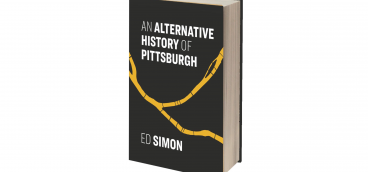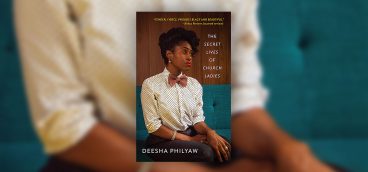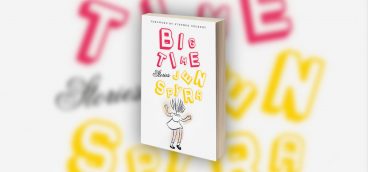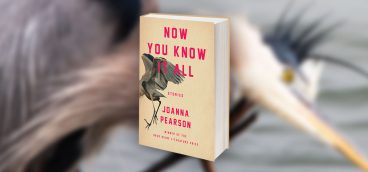Taking Flight With the Ordinary
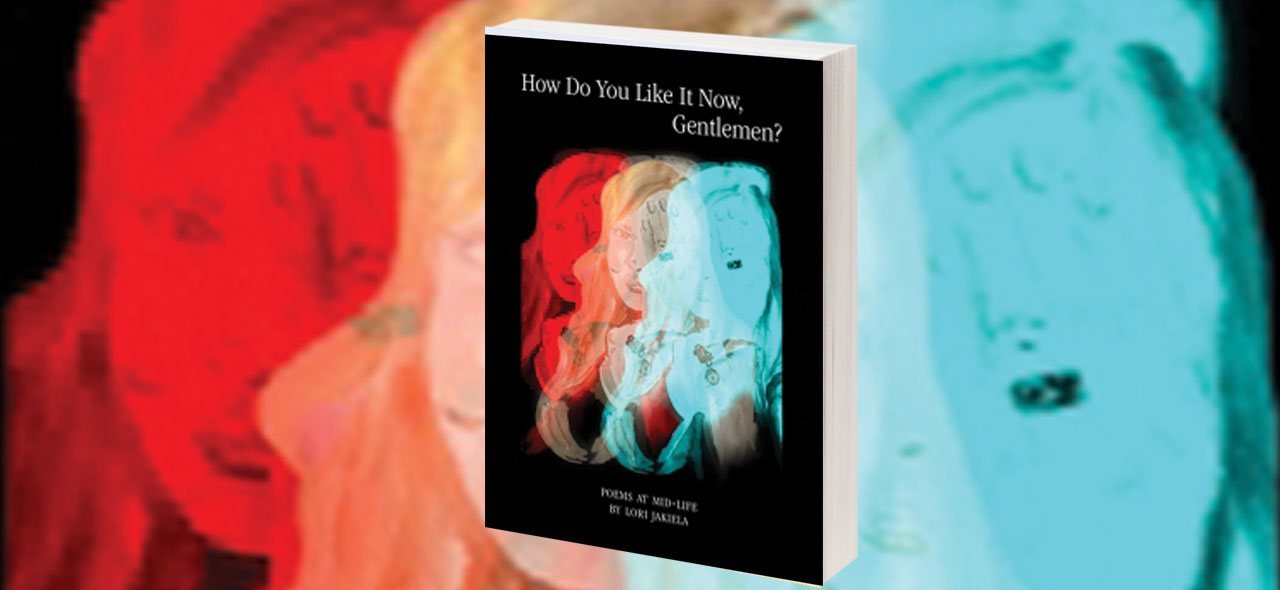
“Speaking from the gut” was known in ancient Greece as gastromancy. It also became known as an early form of ventriloquism. According to Encyclopaedia Brittanica, “the noises produced by the stomach were thought to be the voices of the unliving, who took up residence in the stomach of the ventriloquist. The ventriloquist would then interpret the sounds, as they were thought to be able to speak to the dead.” Lori Jakiela’s latest collection, How Do You Like It Now, Gentlemen? finds the poet at mid-life both channeling the wise words of those now-passed using poetic ventriloquism, while reflecting unflinchingly on her years in the honest, heartfelt voice readers have come to expect from her.
Jakiela, a Trafford native, is the author of the memoir Belief Is Its Own Kind of Truth, Maybe, recipient of the 2016 Saroyan Prize for International Literature from Stanford University, and also directs the undergraduate writing program at the University of Pittsburgh at Greensburg. The former flight attendant brings her blue-collar pedigree to this winner of the 2021 Wicked Woman Writing Contest. However, none of these accolades matters if the writing doesn’t connect. Newcomers to her work will soon learn she always comes through in the clutch.
In “What I Do for a Living,” she writes,
“I grade student essays
about dogs and dead grandmothers.
Some of the essays are good. Some
are in the voices of dogs and dead grandmothers.
Yesterday I had one
in the voice of a Shakespearean muffin.
The muffin was sad, blueberry, in crisis.
A raccoon wanted to eat it.
‘My life crumbleth’ the muffin said.”
From here, the poem meanders to her time as a flight attendant living in NYC, rolling “change to buy toilet paper and milk,” to dreams of working the Godiva chocolate counter at Monroeville Mall, “happiest with the lives we imagine living.” As with many of Jakiela’s best poems, she finds a way to allow others to speak, most importantly, her deceased father.
“’Let that head of yours do the work.’
my father used to tell me.
Stooped, calloused, he knew real work
and didn’t want that for his daughter.
‘Just don’t be an asshole,’ he said.
The best advice I’ve ever gotten.”
The directness of the father’s voice adds both authenticity and a simple suggestion others should take to heart.
The father looms sagely in favorites sprinkled throughout the collection, letting the dead speak to the living, reminding the speaker of what’s important and what’s not. In “To Chuck Kinder, Who Taught Me About Kindness,” readers get an elegy for the legendary Pitt writing professor, as well as some perspective on a life in the arts. The ventriloquism here comes in the form of name-dropped Pittsburgh poets, but the perspective becomes imagistic during a visit to her machinist father’s workplace where
“I showed up with his bologna sandwich
and a mottled banana and a love note from my mother,
he rolled what looked like a garage door open.
I peered inside and all I saw were flames.”
The speaker here, looking to reconcile the memory of her father’s dreams with her own, shares that,
“My father had wanted to be a singer,
so maybe he understood something
about the pull of art, the beautiful hopelessness
of that, and he sometimes paid my rent
and bar bills and gave me the privilege
of believing I was doing something of use,
moving words
around a page.”
It’s a hard-earned perspective that ends with the speaker thankful for the guidance and time of so many others, allowing her the chance of “hatching something beautiful.”
Jakiela’s working-class ethos suits her confident writing best when she allows it to sprawl, such as in the poem, “Big Fish.” Going from observation (“a pink-haired kid rocks the fryer at Keith Kamritz Catering, Trafford, PA”) to personal experience (“I worked the fryer at the Trafford Polish Club from age 12 until I went to Erie for college. I came home smelling like smoke and grease and fish.”) to an aside about The Rubber Duck that once graced the Point (“‘The Rubber Duck knows no frontiers. It does not discriminate. It does not have political connotations’”) to reflection (“I wonder if anyone ever thinks they’ve done anything useful in this world”) to memory (“’I’m not cooking tonight,’ my mother would say Fridays during Lent when she’d whirl a dishrag over her head and do a little cha-cha to show how free she was”) to name-dropping Twisted Sister and quoting Samuel Beckett until she circles back, writing, “The punk rock kid is beautiful. The most beautiful thing. His hair is a poppy blossom in this thick gray light.” It’s a tour-de-force mustered, as so much of Jakiela’s work can be, from amplifying the quotidian until it achieves a grace all its own. n
How Do You Like It Now, Gentlemen?
by Lori Jakiela
BrickHouse Books, Inc.
($15.00)




